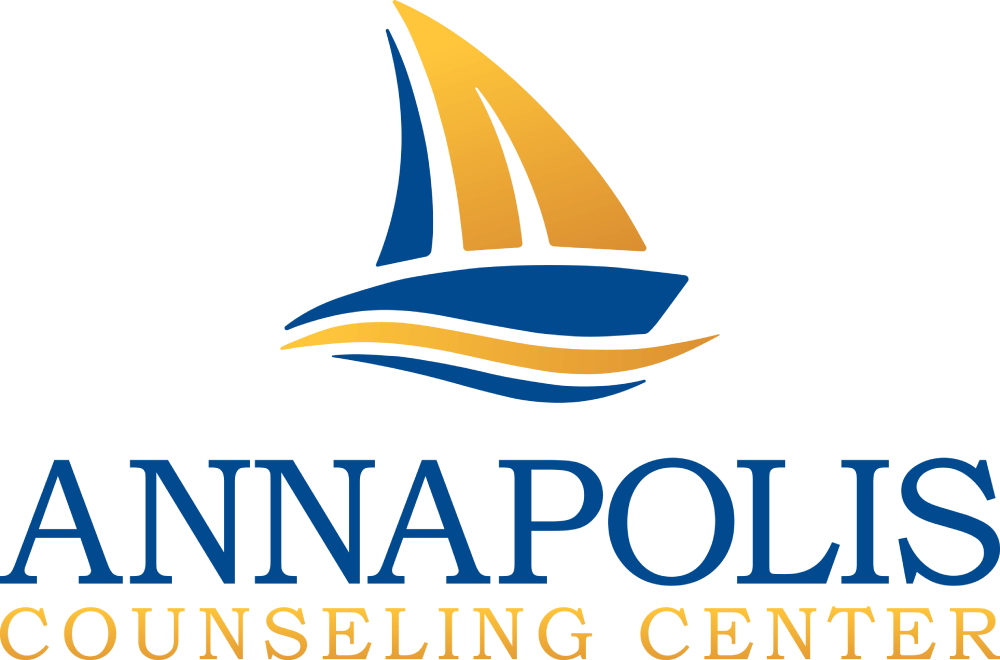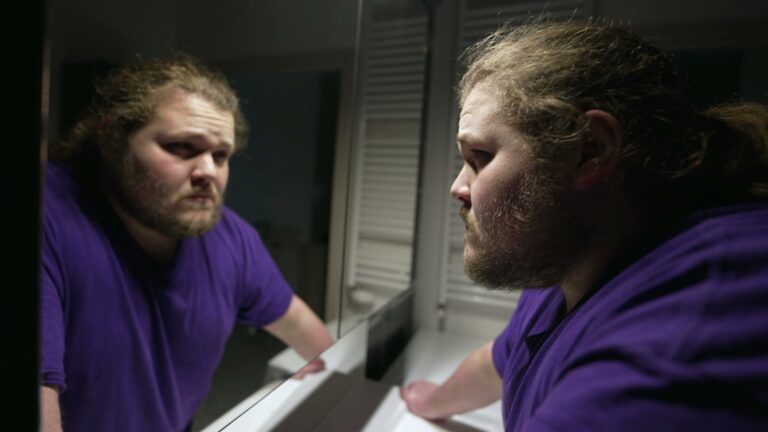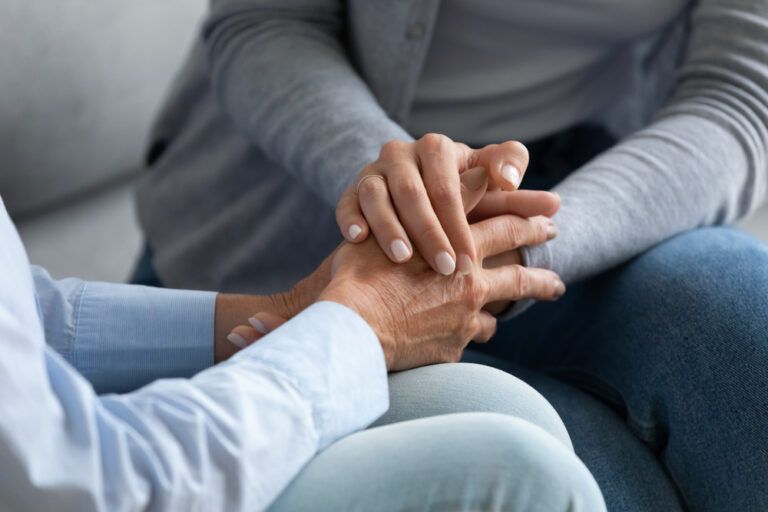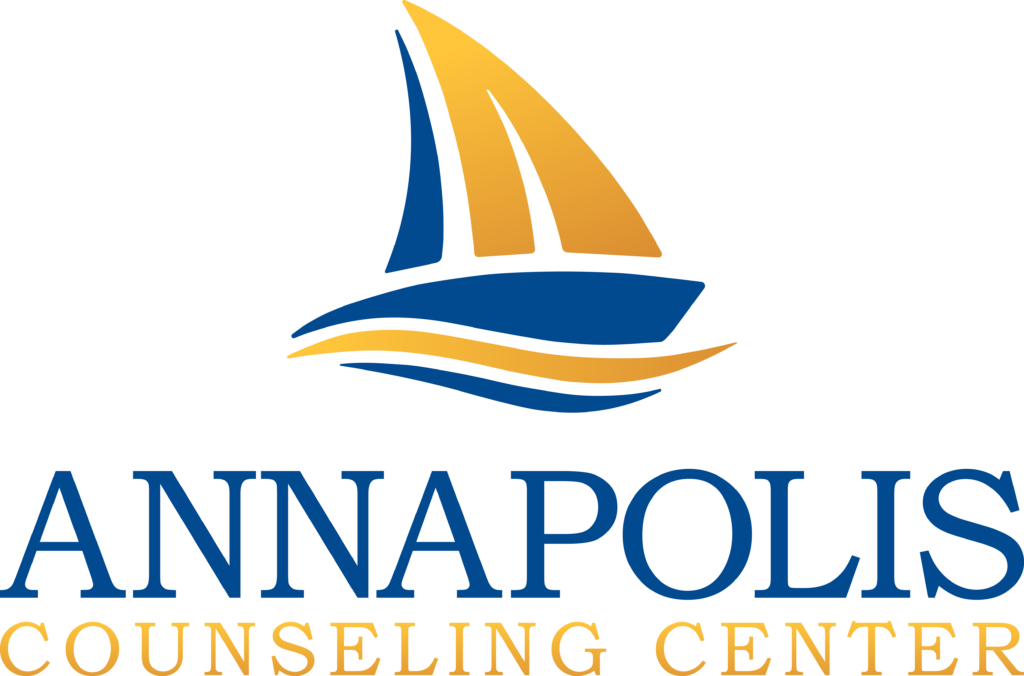The tapestry of human experiences is a mix of both, joyous threads and those that are painfully woven by trauma. At times, the aftermath of distressing events echoes far louder and longer than the events themselves. Post-Traumatic Stress Disorder (PTSD) is one such echoing aftermath. At Annapolis Counseling Center, we are diving deep into trauma, PTSD, and the path toward healing.
Trauma: Not Just a Moment, but a Resounding Echo
We’ve all experienced moments that jolt us, leaving imprints on our psyche. But not all distressing events lead to trauma. Trauma occurs when an individual’s ability to cope, emotionally and mentally, is overwhelmed by a terrible event or prolonged periods of extreme stress. It could stem from a myriad of circumstances – a natural disaster, personal assaults, prolonged abuse, or witnessing something unsettling.
But trauma isn’t just about that initial jolt. It’s about the resounding echo that disrupts daily life, the lingering cloud that can sometimes make even the simplest tasks seem insurmountable.
PTSD: Beyond the Immediate Aftermath
While trauma can be seen as a wound, PTSD is like an infection that sets in if the wound isn’t adequately treated. It’s a mental health condition triggered by experiencing or witnessing a terrifying event. But what sets PTSD apart is the duration and intensity of these reactions.
Key manifestations include:
- Re-experiencing the Trauma: This could be through intrusive memories, nightmares, or even flashbacks where the individual feels as though they’re reliving the traumatic event.
- Avoidance and Numbing: Individuals might steer clear of places, people, or activities that remind them of the trauma. They may also feel detached from others or show a lack of interest in previously enjoyed activities.
- Increased Arousal: Symptoms here include being easily startled, feeling on edge, difficulty sleeping, and even aggressive behaviors.
- Negative Changes in Thoughts and Mood: This encompasses feelings of hopelessness, negative self-worth, memory issues, and difficulty maintaining close relationships.
The Spectrum of Responses to Trauma
It’s imperative to note that everyone’s reaction to trauma is unique. While some might exhibit clear signs of PTSD shortly after the event, others might experience a delayed response, with symptoms surfacing months or even years after the trauma. Some might not develop PTSD at all, showing resilience or recovering with the support of loved ones.
Understanding this spectrum is crucial. No response is ‘normal’ or ‘abnormal’. Every individual processes trauma differently, and every path towards healing is unique.
The Road to Recovery and Healing
Acknowledging the pain is the first step on the journey of recovery. There isn’t a ‘one-size-fits-all’ solution. Healing is a personal journey, but here are some strategies that can assist:
- Professional Therapy: Therapies such as Cognitive Behavioral Therapy (CBT) and Eye Movement Desensitization and Reprocessing (EMDR) have been particularly effective for PTSD.
- Support Groups: The power of collective healing should not be underestimated. In support groups, individuals come together to share their experiences, feelings, and coping techniques. Members often find solace in the shared experience by engaging in such groups, understanding that they are not isolated in their struggles. These groups become a community of understanding, empathy, and shared growth.
- Mindfulness and Relaxation Techniques: Meditation, deep breathing exercises, and progressive muscle relaxation can help manage PTSD symptoms.
- Stay Connected: Leaning on loved ones or building new supportive relationships can be instrumental. Building new supportive relationships through support groups, community activities, or outreach programs can also provide fresh perspectives and coping mechanisms. These connections remind individuals that healing is a journey, often best traveled with companions by one’s side.
Annapolis Counseling Center: Guiding Light in Your Healing Journey
Facing trauma and PTSD can be daunting, but remember, you don’t have to navigate these turbulent waters alone. At Annapolis Counseling Center, we offer a compassionate space to understand, confront, and heal from the scars of trauma.
Our dedicated team, with their vast expertise, is committed to walking with you, providing tools, strategies, and support tailored to your unique journey.
Embark on Your Healing Journey with Us
The echoes of trauma and the shadows of PTSD can be consuming, but they can be confronted and quieted with understanding, support, and the right tools. While the path may be challenging, healing is possible, and a brighter, more peaceful horizon awaits. If you or a loved one is grappling with these challenges, Annapolis Counseling Center is here, ready to illuminate the path toward healing and hope. Let’s embark on this journey together.
Sources
- “Trauma and Recovery: The Road Ahead” – Dr. Eleanor Turner, Mental Health Insights Journal, 2022.
- “In-depth Analysis of CBT & EMDR in Treating PTSD” – Annapolis Therapeutic Studies, 2021.
- “The Power of Connection: Addressing Trauma through Relationships” – Dr. Samuel Rodriguez, Psychological Connections Review, 2020.


















































